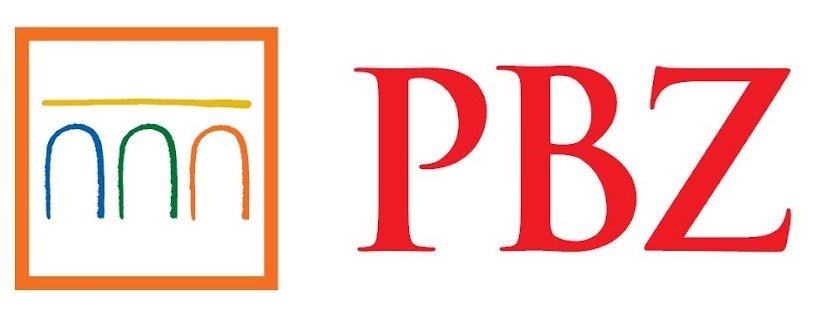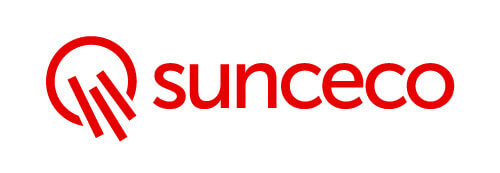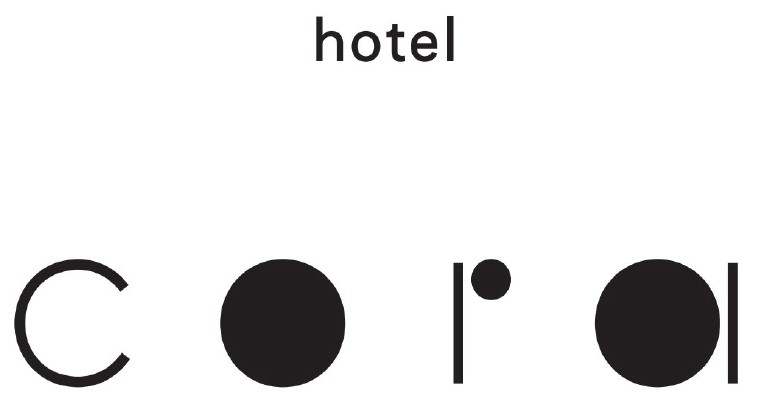Organized by...
Our partners...
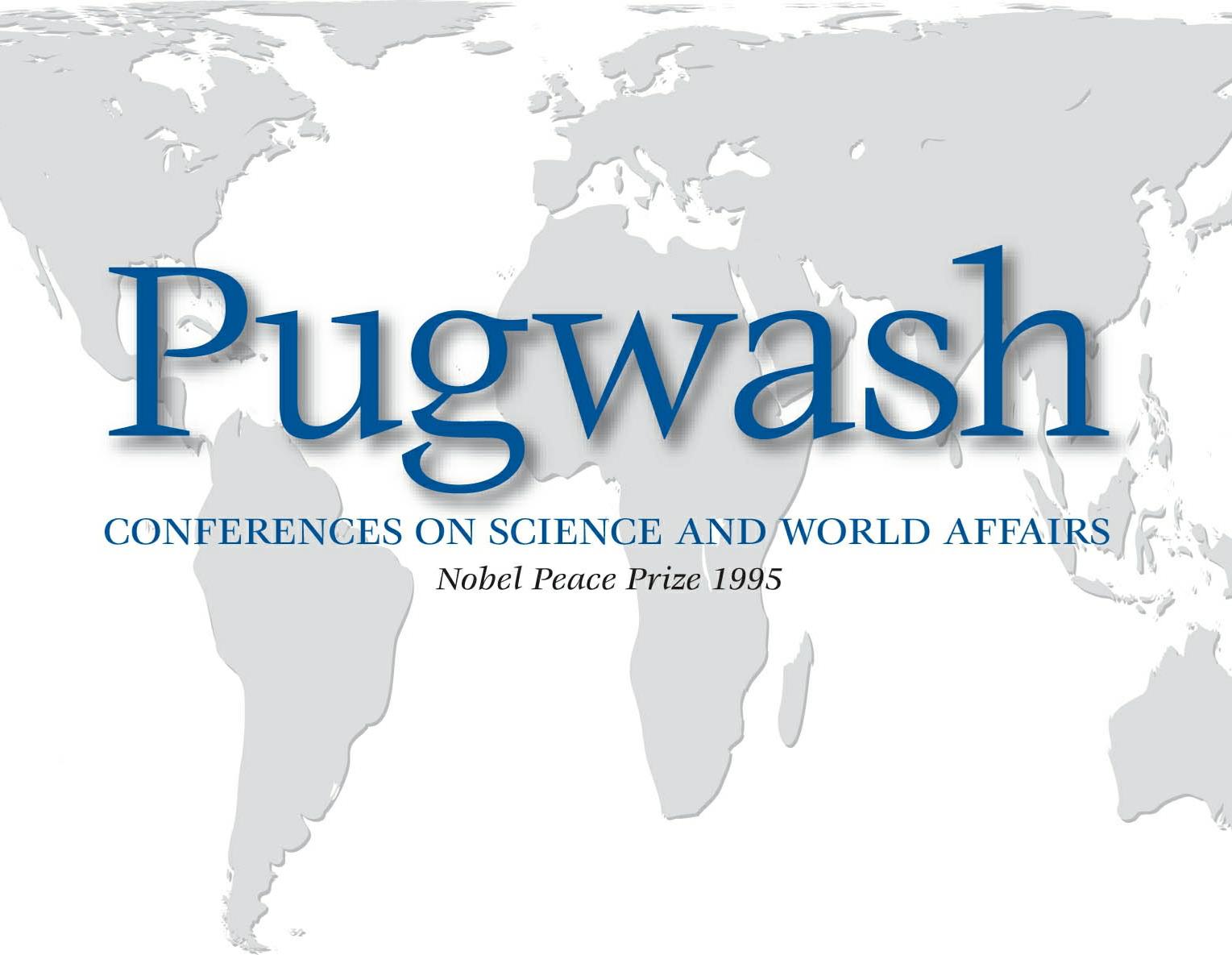
Pugwash Croatia
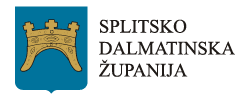
Split-Dalmatia county
Forum's definition
The International Energy Forum is intended as a meeting place for actors from academia, energy companies, governments / politicians, and the media to reflect on and problematize different dimensions of energy policy.
Concept
The International Energy Forum promotes the policy concept, i.e., the concept of energy policy.
The International Energy Forum has been placed within the framework of political science. The basic idea of political science of energy is the idea of power and empowerment of actors in the international community by using energy resources as a lever of power.
The Forum seeks to promote the meaning and importance of energy diplomacy linked to foreign policy and overall national, especially energy security.
Goals
Promote the importance of energy policy for the functioning of the economy in a global risk society within the policy concept and energy policy as a type of public policy.
About 7. INTERENEF
Solar Energy in Energy Policy of the European Union with a focus on Croatia
The International Energy Forum (INTERENEF) is traditionally supported by the Croatian Government, the Split-Dalmatia County, and the City of Split. Each year, the Forum gathers numerous experts, policymakers and key business stakeholders from the EU and Southeastern Europe, becoming one of the leading discussion hubs on energy in Croatia. The Seventh edition of the Forum is dedicated to solar energy and is somewhat of a follow up of the discussions about the green energy transition in the Mediterranean held during the Forum’s Sixth edition in 2022.
Solar energy plays a key role in the clean energy transition and the EU has long been a front-runner in the solar energy development. The European Green Deal and the REPowerEU have once again reiterated the importance of solar energy in the block’s commitment towards net zero economy.
Solar is the source of energy that is growing at the highest pace in the EU, which is no surprise: solar energy is cheap, clean, modular and flexible. It is the most accessible renewable energy for households and contributes to protecting consumers from volatile energy prices.
In 2020, the EU solar market grew by 18 GW. As a result, 5.2% of the EU’s total electricity production came from solar energy. The cost of solar power has decreased by 82% over the last decade, making it the most competitive source of electricity in many parts of the EU.
As part of the REPowerEU, the European Commission adopted in May 2022 an EU solar energy Strategy. The Strategy aims to bring online over 320 GW of solar photovoltaic by 2025 and almost 600 GW by 2030 through its three key initiatives: European Solar Rooftops Initiative, EU large-scale skills partnership, and EU Solar PV Industry Alliance.
Given its geographical location, the sun is by far the most important potential source of renewable energy in the Euro-Mediterranean region. However, its capacities across the Southern and Eastern Mediterranean remain negligible.
Croatia currently exploits only a little over 3% of its solar energy potential and total energy production of solar energy plants equals to less than 1% of the electricity needs of the country. Furthermore, the coastal Croatia is one of the sunniest regions of Europe, but curiously, Dalmatia is lagging behind other parts of Croatia in solar energy production.
At the Seventh edition of INTERENEF we will discuss several aspects of solar energy production in Southeastern Europe with the focus on Croatia. Panel I is dedicated to challenges associated with current solar production technology, problems in grid connectivity, and possible new solar technologies. The real live business cases will be presented by the representatives of the corporate sector in the region.
Panel II will discuss the legal regulations affecting solar energy production. Panel III will be dealing with better understanding of the economic benefits and risks of the solar energy. Panel IV will reiterate the key conclusions from the previous discussions and gather all speakers for closing remarks and questions from the audience.
The INTERENEF’s report from the conference will be published within a month.
Panels
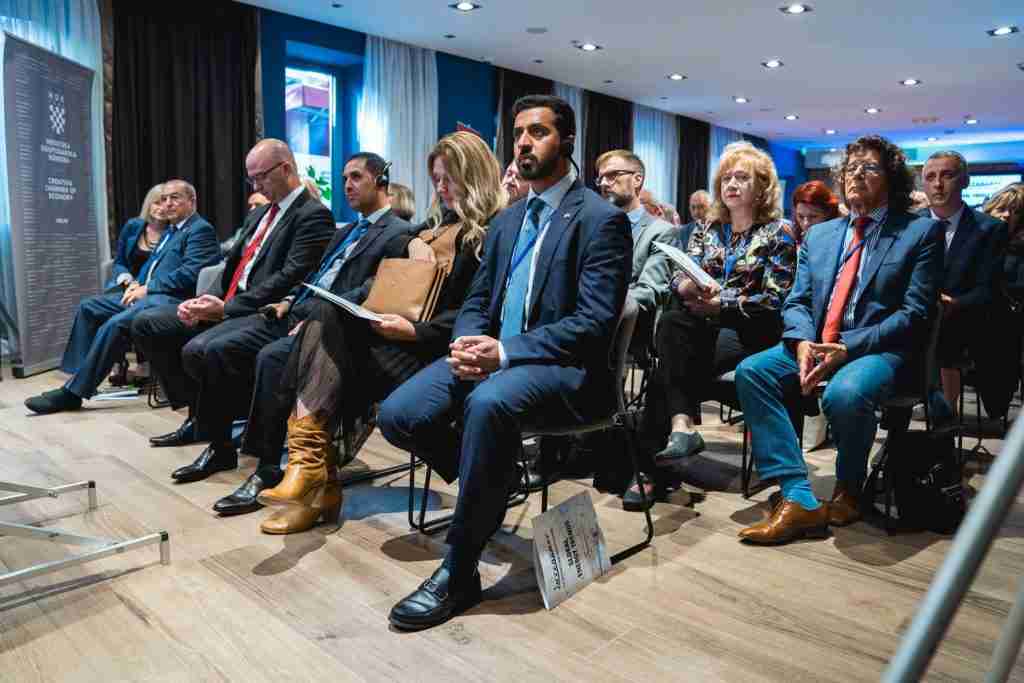
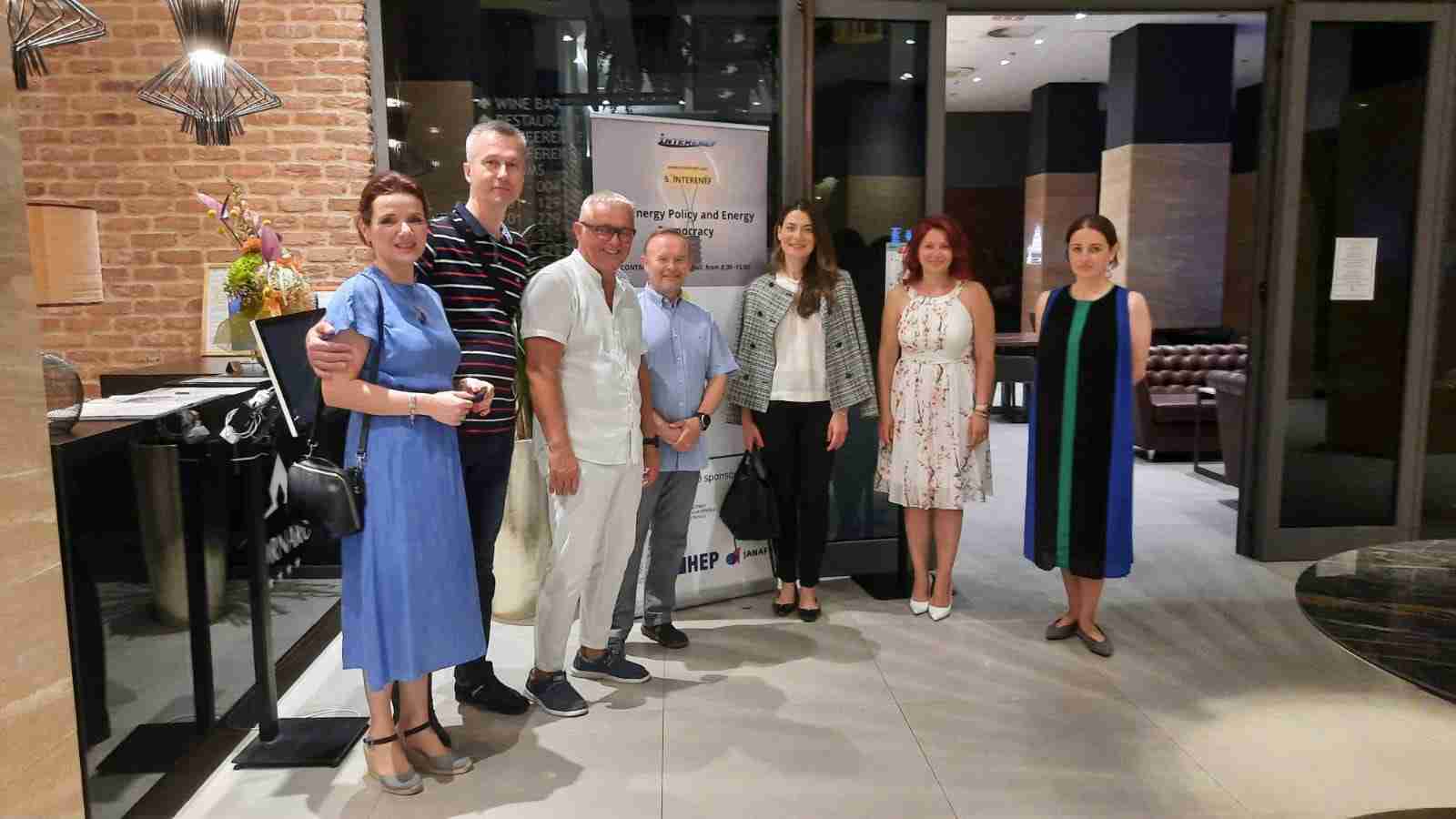
Plenary session:
Solar Energy in Energy Policies of the European Union and Southeast Europe
e, prof.Romana Jerković, PhD, Member of the European Parliament
1. Solar technology. Theoretical aspects and presentation of positive experiences of Croatian and international companies in the field of solar energy.
As Croatia is preparing to build Eastern Europe’s largest energy storage project of 50 MW, potentially extendable to 110 MW by 2024, with floating solars as another promising avenue for the country, the panelist will address problems of high initial costs, weather dependency, expensive storage, and association with pollution, as well as address innovations for residential, commercial, and industrial applications. The corporate sector will have an opportunity to present real-life business cases and lessons learned from the implementation of the solar projects.
We shall also discuss the issues surrounding the integration of solar energy into the grid, as the Croatian government intends to spend about $1.4 billion on grid modernization, with a goal of increasing renewable energy source connections by at least 800 MW by 2026 and 2,500 MW by 2030. Challenges like occasional curtailment in electric grid power generation to maintain the grid stability, or how to quickly respond to dwindling production from solar energy when the sun goes down while the demand stays the same will be in the focus of discussion.
The panel shall also tackle the future of solar energy production technology and the most recent developments in it.
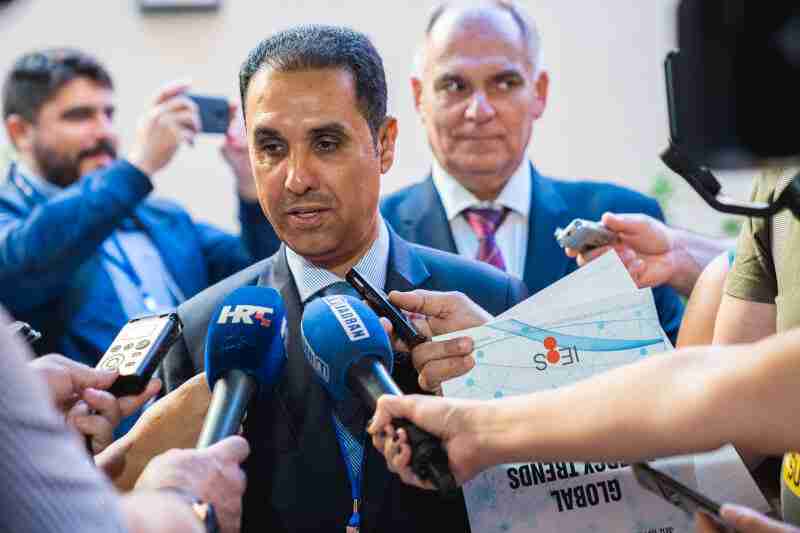
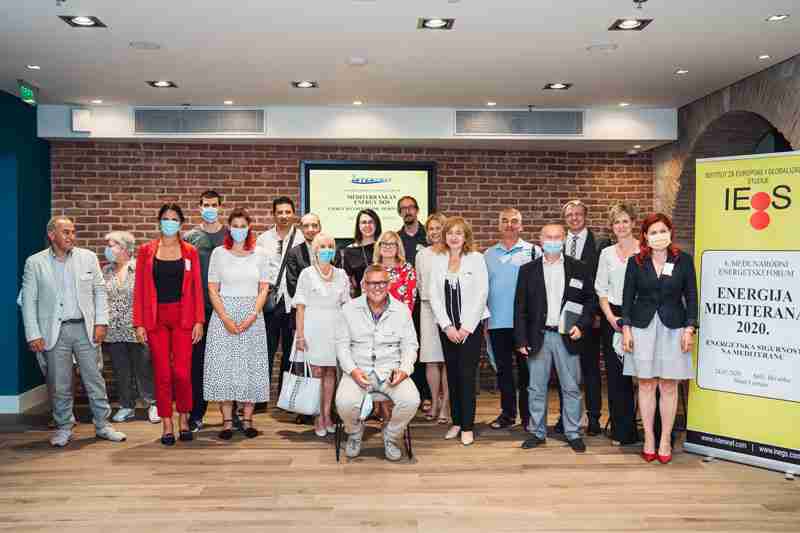
2. Regulatory aspect: legal obstacles in implementation and how to remove them
Acquiring permits and management of agreements are of vital importance in securing land rights, transaction structure, finances, subsidies and incentives, energy regulation, risk allocation, maintenance, and operation. Challenges such as delays because of political or regulatory issues, site access, environmental approvals, and grid connection result in rising costs. Approval delays are costly, as construction costs may escalate. New requirements may compel a revision in designs, leading to further delays.
The current energy crisis emphasizes the need for reforming the solar energy regulations in order to speed up the energy reforms. In December 2022, EU Energy Ministers have adopted a landmark emergency EU law to support rapid solar installations. Croatian government adopted several measures to promote the renewables capacity generation several years ago, and as a result of that, the Croatian market is currently experiencing an increase in development of RES projects.
The panel shall explore how to reform legal presumptions of the solar energy production, with improving legal certainty, which investors need to make their investments, while shortening timelines of involved approvals, reducing litigation for renewable energy projects, and lowering of other barriers.
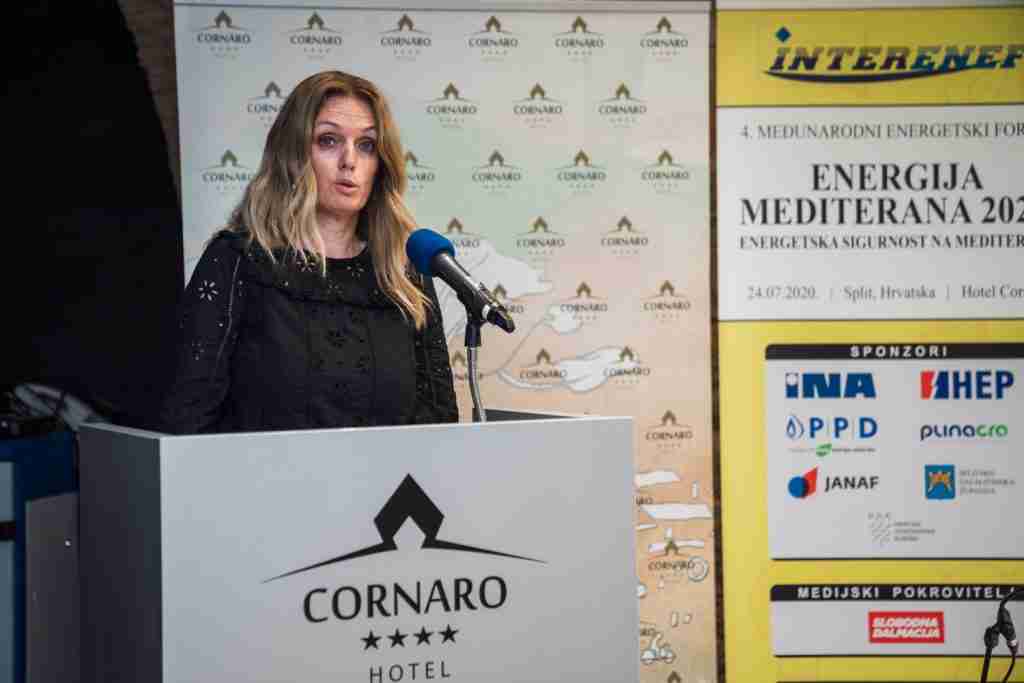
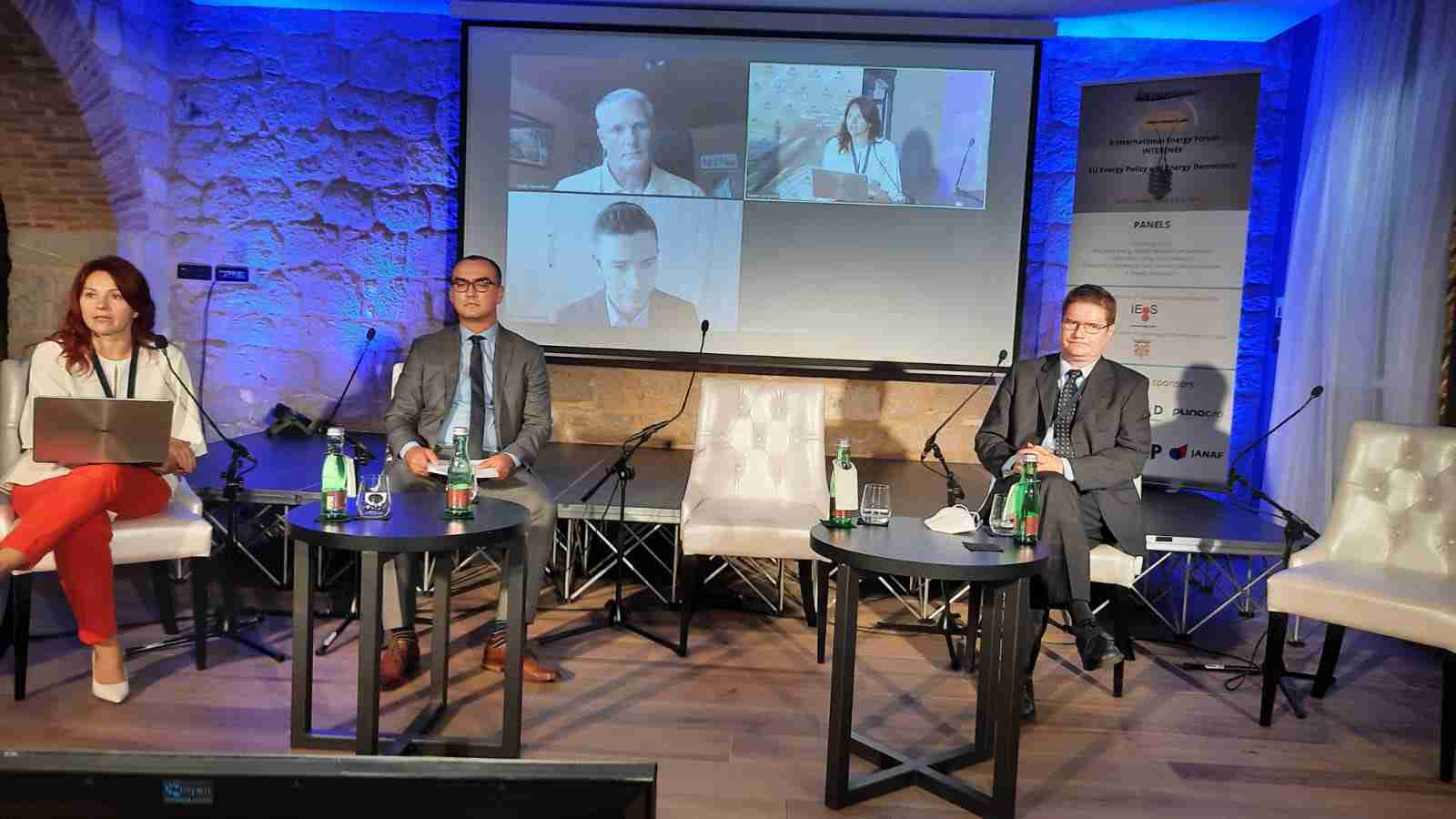
3. Economic benefits and challenges: the best use of the vast volumes of solar energy?
Solar energy production has many social welfare benefits: it creates jobs in manufacturing, engineering, installation, marketing, sales, but it also offers high returns on investment and saves money on energy bills in residential or commercial application. In remote off-grid areas, it opens doors for development projects that improves welfare and living standards.
In Croatia, 3821 PV plants were connected to the state grid in 2022, 970 families covered their houses with solar rooftop panels and the same was done for 60 public and 118 business buildings.
The panel intends to raise general awareness about the economic benefits of the solar energy production, and about trends that are going to improve it in the future.
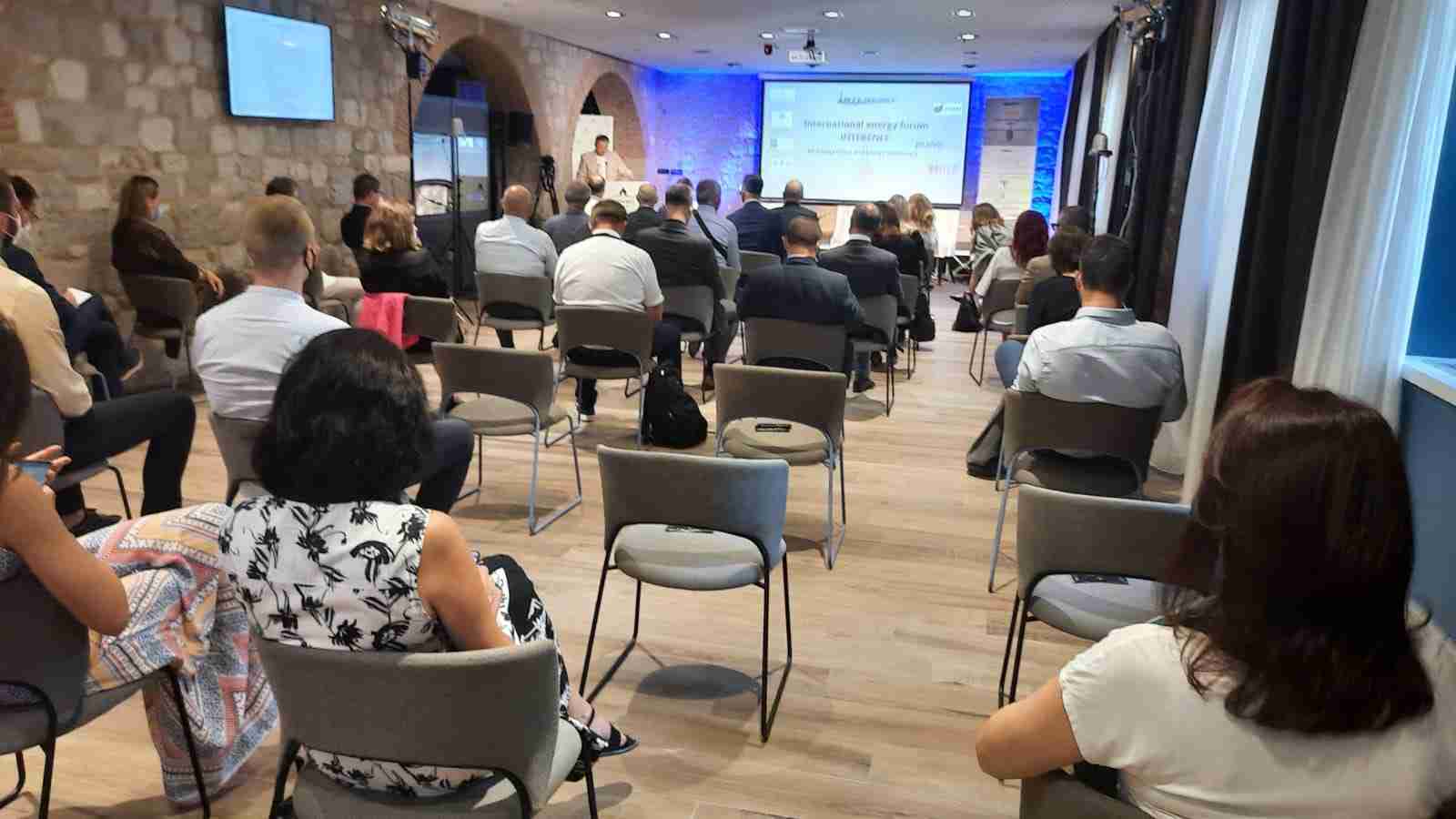
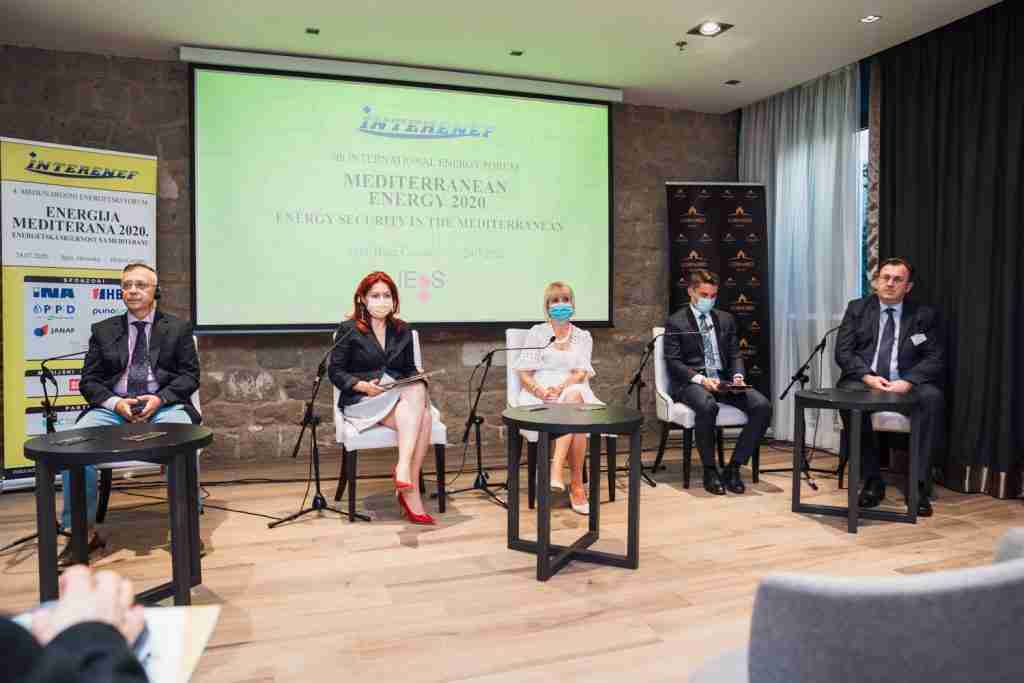
4.Conclusions and final discussions with all panelists
An intro by the director of INTERENEF
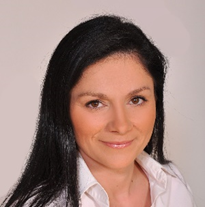
Electricity from solar power plants in the European Union accounts for an average of 5% of the total electricity produced, while in the Republic of Croatia this share is only 0.4%. The NECP and the Energy Strategy of the Republic of Croatia set the goal of reaching the European Union average, which is a minimum of 800 MW of installed solar power plants, and the regulation on quotas sets the goal at 1,000 MW. The advantage of the Republic of Croatia is the potential of the annual number of sunny hours and the total radiated solar energy. The potential stated in the strategic documents is estimated at around 5,300 MW for ground systems and around 1,500 MW for rooftop systems (with an increase to 2,700 MW). It is for this reason that solar energy was chosen as the theme of INTERENEF 2023.
The technological aspects of harnessing the energy of the Sun, which is used in solar power plants on the roofs of family houses, multi-apartment buildings and public and private buildings, are unquestionable and it is assumed that in the near future it will become a significantly more significant renewable energy source in the Republic of Croatia. In addition to solar power plants, electricity storage technologies, especially electrochemical storage systems such as lithium-ion batteries, are also experiencing increasing success on the market.
The Republic of Croatia has all the natural conditions for significant production of energy from the Sun, yet the restrictive legal framework has led to many missed opportunities for the realization of such projects, and it is necessary to consider the possibilities for changing the legislation to create a more stimulating environment, options for simplifying and speeding up procedures, as well as systematic financing programs technical assistance in the function of strengthening local capacities for the implementation of the Green Plan.
The production and consumption of electricity, regardless of whether it is external investors who use local renewable sources for their own business interests or the domestic population for production at the point of consumption, creates new regional value, new opportunities for national industry and new jobs. Thus, technological, legislative and economic aspects of using solar energy will be discussed in 3 panels.
Forum's Sponsors


